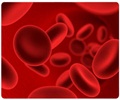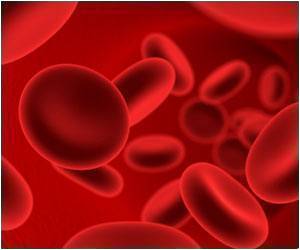Newer oral anticoagulants are similar in efficacy and safety as compared to the older ones.

Treatment of venous thromboembolism involves the use of drugs belonging to the group anticoagulants, which prevent the blood from clotting. Initial treatment involves the use of injected anticoagulants like heparin and low molecular weight heparin. Following this, the patient is put on oral drugs like warfarin to prevent further formation of venous clots.
The use of warfarin is not entirely easy. The patient has to be regularly monitored to make sure that the warfarin levels are maintained and the patient does not suffer from complications of excessive bleeding. In addition, warfarin should be used carefully if the patient is on other medications as well.
Two new classes of drugs have been recently introduced to overcome the disadvantages of warfarin. These are the direct thrombin inhibitors and factor Xa inhibitors. A study compared these drugs relative to the older medications in the treatment of venous thromboembolism from published data. The newer drugs studied included rivaroxaban, apixaban, dabigatran and ximelagatran (though ximelagatran has been withdrawn from the market due to risk of liver damage, it was included in the study).
The study found that the newer anticoagulants are similar to warfarin in terms of risk of recurrence of venous thromboembolism and all cause mortality. Though most new anticoagulants showed a lower risk of bleeding as a side effect as compared to warfarin, the risk was significantly lower only with rivaroxaban. Further studies are needed to establish this advantage of rivaroxaban, according to the authors.
The study thus concluded that most new anticoagulants are similar in efficacy and safety as compared to warfarin, with possible reduced chances of bleeding. In addition, they seem to be similarly effective among themselves. Further studies directly towards comparing the different anticoagulants could help to establish an advantage of some anticoagulants over the others.
1. Efficacy and safety of novel oral anticoagulants for treatment of acute venous thromboembolism: direct and adjusted indirect meta-analysis of randomised controlled trials; Benjamin Fox et al; BMJ 2012











